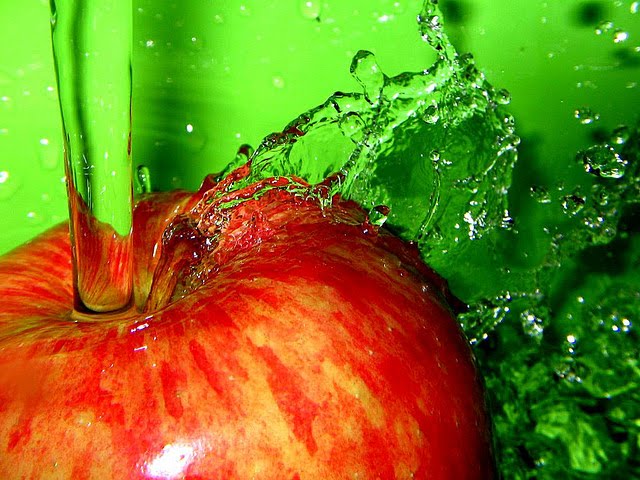
It is well known that all scientists and dietitians, advice people to drink a healthy amount of water during the day because it is really vital for your overall health. Even though it is hard to believe it, drinking water can provide you with incredible health benefits and sometimes is even better than a migraine pain killer. But first of all, let’s take a closer look at the role and constitution of water within the human body.
The human body consists of 60-78% of water depending on body mass. This makes water as the main component of your body. In fact, some organs such as tissues are mainly made up of water. Specifically, muscle tissue consists of 75% water, bones of 22%, blood of 83% and brain of 90%!
The roles of water in human body
In general, every cell in our body needs water to function properly. That is why scientists insist and advice to drink enough fluid during the day. For example, since your brain consists of almost 90% water, if you do not feed it with water, then you will most probably get headaches. Thus, next time you will feel headache and migraine, just remember that his can be due to dehydration.
Water as already said is vital for human body and that is because its functions are very important for all the processes within your body.
Water and health benefits
Good functioning of the Brain: Since water carries oxygen-laden blood to brain cells, it is critical for the brain to maintain well-hydrated to keep awake your cognitive abilities. Studies have shown that dehydration at the level of 1-2% loss of body weight can impair brain functions and mainly your concentration. Furthermore, dehydration causes a weight loss of 2% body weight; this can lead to short-term memory problems and affect more serious abilities of brain function.
Water helps digestion: The digestion process in your body is based on some enzymes which are found in saliva. These enzymes help the process of food breakdown. Also they help the saliva to break down other nutrients and minerals. With proper water intake, these minerals and nutrients will, more easily, reach to the rest of your body.
What is more, water also helps in fiber break down. Fiber helps your bowel health by increasing stool weight as well as making it better formed, in order to easy pass out of your system.
Helps to move the waste: Waste from your body occurs through urination, defecation and perspiration. Adequate water consumption helps your body to expel waste through these processes. The kidneys, liver and your intestines use it to keep away all the by-products. Since water can help with these processes, it can be assumed that water helps with constipation. It is important to note though that the increase of water intake does not mean that you will cure constipation.
Water is protecting your joints, spinal cord and tissues: Water helps your body to keep the tissues of your body well moisture. Furthermore, it is lubricating and cushioning your joints. Thus, keeping yourself well-hydrated helps you to keep a very good level of moisture for these sensitive parts of your body.
Better exercise: Optimum water intake regulates your body temperature. A lot of studies have shown that training in hot environments with inadequate fluid intake can lead to hyperthermia and eventually reduced blood flow to muscles. However, you can avoid this situation by drinking fluids constantly. This will help you feel better about exercising since water will fuel you muscles with nutrients to keep going. Also remember that 70%-75% of muscles constitute of water. Thus keeping the right water balance is critical for optimum muscle function during exercise.
Hydration and chronic diseases: There is strong evidence indicating that good hydration is associated with a reduction in hypertension, coronary heart disease and cerebral infarct. However more research is needed to assure these associations. For other diseases such as colon cancer, little evidence exists to support any associations.
How much water is enough?
According to latest research, increased water intake, such as more than 8 grasses per day, most probably do not have as many health benefits as scientists previously were recommending.
In general, water requirements vary from person to person and are based in many conditions such as: the environment (warm or cold), diet, physical activity levels and a few more factors.
However, the panel responsible on hydration and dietetic products from EFSA (European Food Safety Authority) has clarified some values for healthy hydration levels. Specifically for adults these levels are between 2 to 2,7 L/day.
According to EFSA, water intakes that are too high can lead to water intoxication, since this excess amount can’t be compensated by the excretion of urine (maximum volume of urines are approximately 1L/h in adults). Water intoxication must be noted that it is a serious condition and can lead to fatal consequences.
Water is good for you…
To conclude, humans need water for their body to function properly. It is true that without water we can live only a few days. Thus remember to keep yourself well-hydrated by drinking fluids during the day and especially while exercising.
